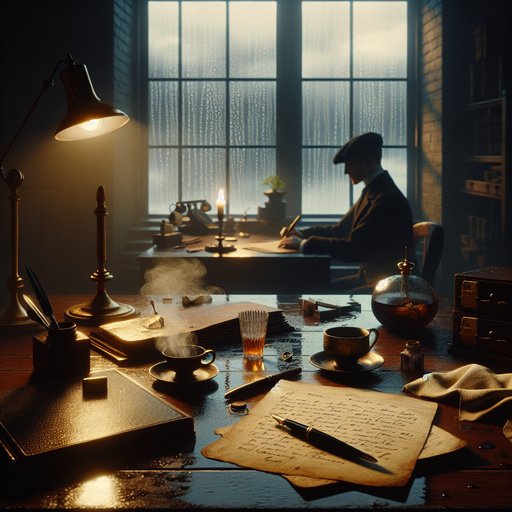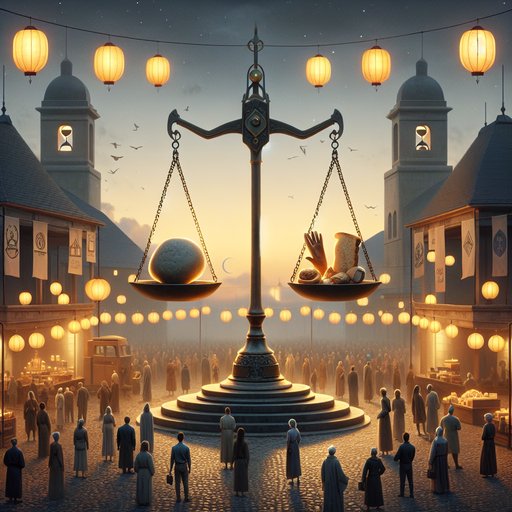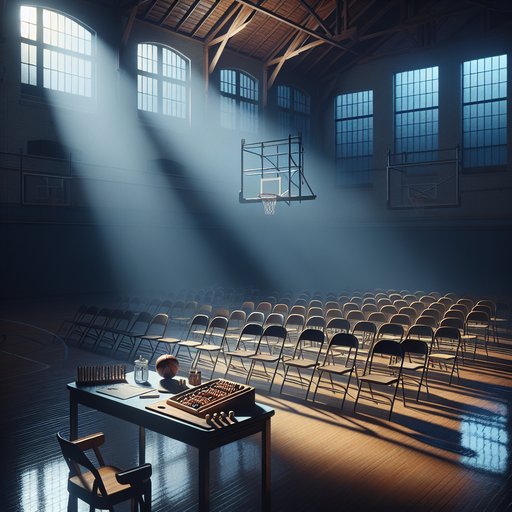
When machines take on the labor that once structured human days, something quieter remains, like the tone that lingers after a bell. We still wake. We still reach for tasks that anchor us to one another and to a place, even as an algorithm learns, with astonishing accuracy, to make the shipyard machine sing and the streetlights blink in time. In one harbor city, a man keeps a job that a committee has decided is mostly symbolic. He listens to gates that decide whether the sea will enter, and he waits, and he wonders what the word ‘work’ means when the pay arrives either way. In the doorway of his watchroom, children press their faces to the glass. The story begins with a hand on a lever, and with the understanding that purpose might live in the attention before anything happens at all.

In a quiet office that smells faintly of paper and rain, a clerk keeps a ledger of what the living leave behind. Each entry is a small bridge over the gap mortality opens, a record of last things and the hands that held them. The citizens bring their objects and their urgencies, and the clerk listens as if listening could pin life to the page. It is an unglamorous vocation, this accounting of final fragments, but in the scraps and misunderstandings, in the items smudged with use, a pattern sometimes gleams, then vanishes. She cannot say what it means; perhaps meaning is the wrong shape for what she’s looking for. Still, as storms gather and rooms flood, as plants root in teacups and strangers remember the textures of other palms, she keeps writing, and the ledger grows heavy with lives neither large nor small, only lived, and finite.

On the day when the city weighs joy, they string the square with lanterns and drag old iron scales from their storerooms, their chains polished until they gleam like winter water. People bring what they think a good life is made of—loaves from shared ovens, ledgers of hours given to others, scraps from cathedrals they helped repair, a glove kept after a long winter of care. We gather because it is our way to turn questions into festivals. I come with an empty pocket and a smooth river stone, invited to lay it on one of the scales before dusk and to declare a way of living. The banners that fringe the square suggest many ways. The hourglass in the bell tower dribbles its pale sand, and I go walking to see what kind of weight my hands could bear.

On the night the city gathers to weigh what is fair, the basketball hoops in the old municipal gymnasium are winched to the rafters, and folding chairs spread like a paper fan over the varnished floor. They call it a citizens’ assembly, but the sign on the door says something more brazen: Weights and Measures. The council has built a system to divvy buses and homes and grants, and they want the people to decide how it should decide. It sounds clean, the way an abacus is clean, but the air hums with the mess of lives. Fairness, equality, justice—these are not words drafted in the quiet. Tonight they will be hammered against the grain of a modern city and the people who make it breathe.










































